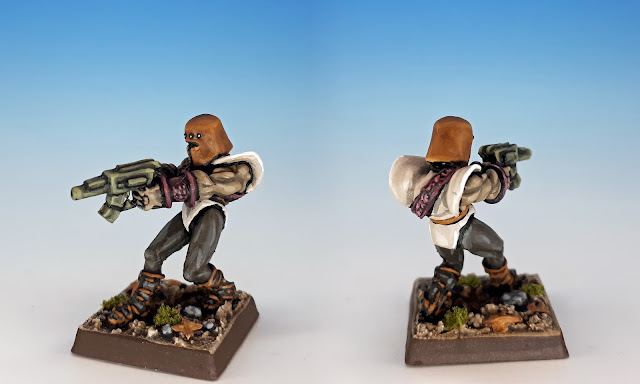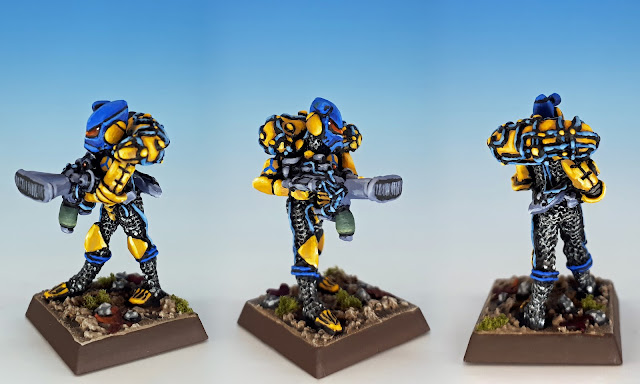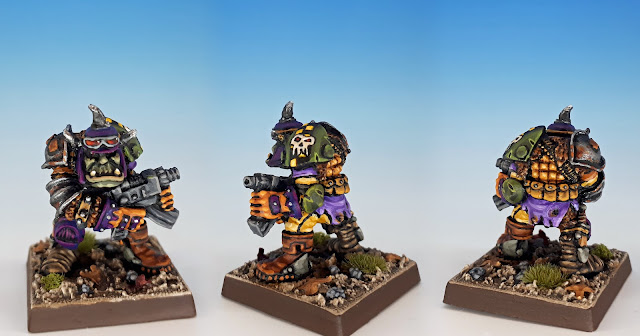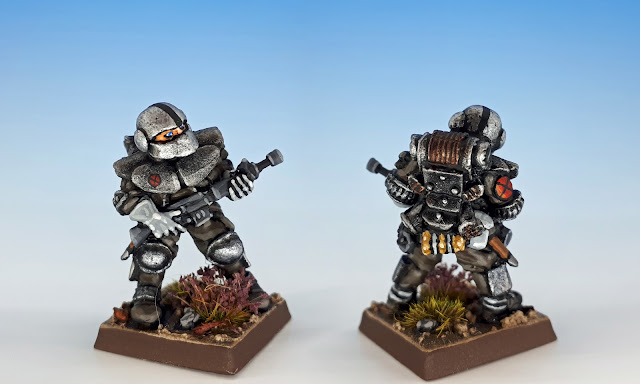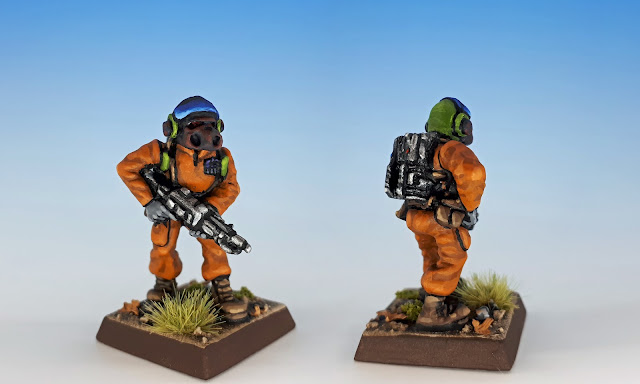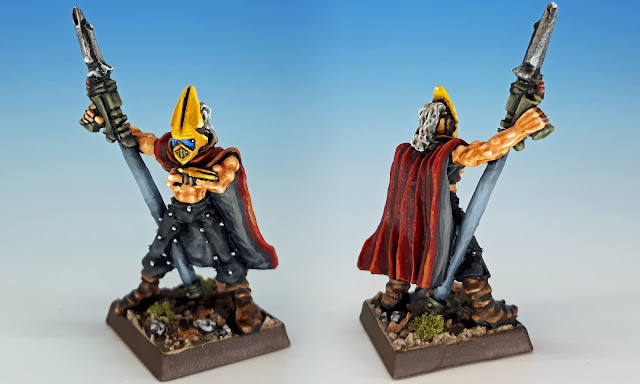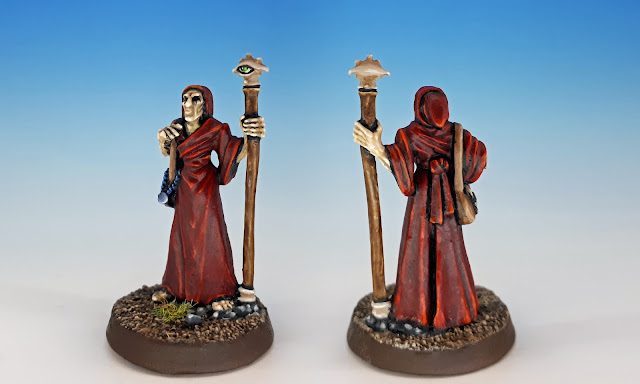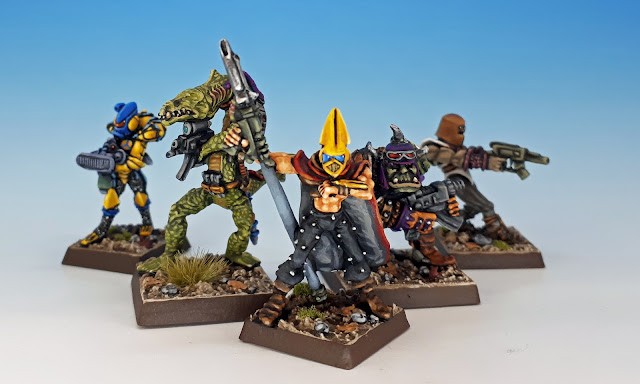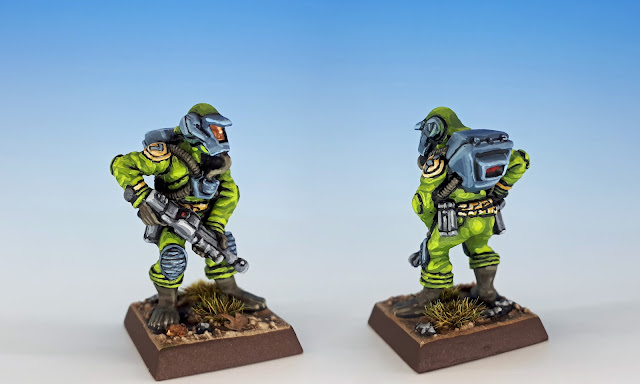Attentive readers will have noticed that there was (another) gap of a year during which Oldenhammer-in-Toronto went silent. That's because I am incapable of chewing gum and walking at the same time. To be precise, I am incapable of working on two pieces of writing at the same time. And in the last year, I've had some urgent writing projects that got in the way of my beloved blog.
The good news is that these projects are (1) finished and (2) went pretty well.
My first book was published last November: The Garden of Flowers and Weeds: A New Translation and Commentary on the Blue Cliff Record. This is a book about Zen and meditation. It's based on one of the great works of medieval Buddhist literature, called "The Blue Cliff Record". It might sound dry, but the Record is actually a pretty funny book. There's a lot of absurdist humor (and even a couple fart jokes). Translating the book and adding my own commentary was one of the most delightful tasks of my life.
I have no idea how sales are going, but I suspect they're pretty modest. On the upside, the book has been received well by critics. In the past few months, The Garden of Flowers and Weeds won a Gold Nautilus Award, a top prize from Bookfest's International Book Awards, a Bronze Independent Book Publishers Award, and a Silver Benjamin Franklin Prize. Honestly, that's more praise then I could have ever wished for or expected. |
| Still from The Ikon (2019) © Nathan Saliwonchyk |
And then, of course, there was Covid. I don't think anyone had a good pandemic, although some were much, much worse than others. I experienced what I think a lot of you did: a grinding sense of anxiety and stasis as the pandemic stretched into indefinitude. I will add that during the past two years, I sustained some grievous personal losses, although (thankfully) none of them were directly related to the virus. As the dust settles, I'm grateful that I and Mrs. Oldenhammer-in-Toronto have made it out in one piece. And we now have a beautiful puppy:




